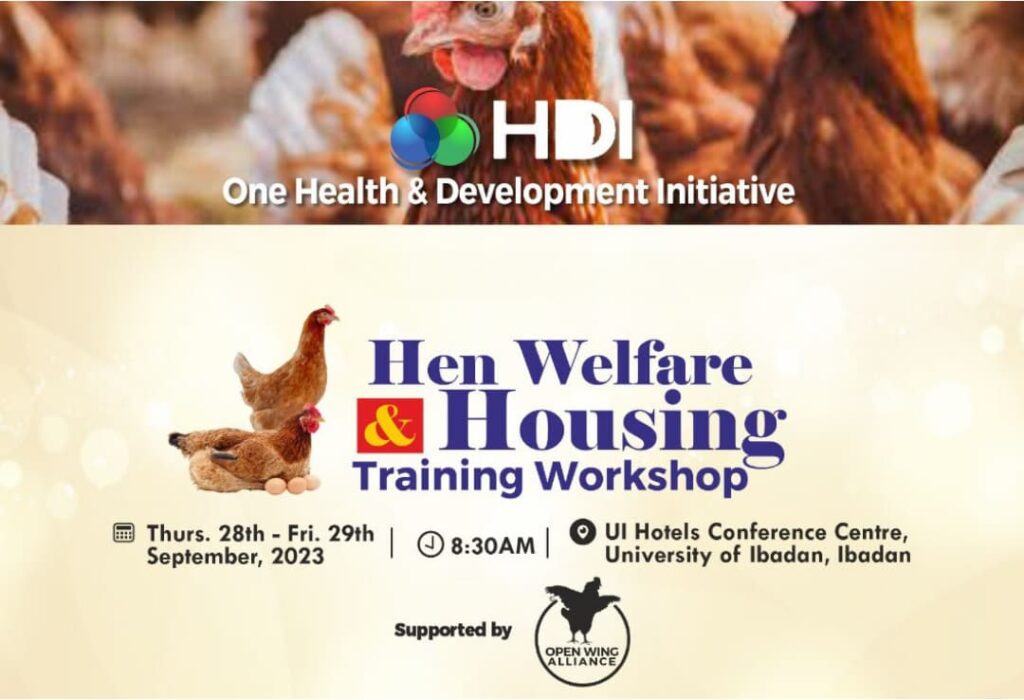
World over, 23 billion hens are reared. Their housing constitutes an essential component of this practice. Different housing structures fall within two broad categories –the cage system of poultry housing and the cage-free system of cage-farming.
The cage system of poultry housing refers to use of cage structures in partitioning poultry houses. The most common system that conforms to this kind of structure is the battery cage system. This has been discredited for its gross hen welfare inconsideration.
On the contrary, we have the cage-free housing system. The cage-free housing system related to hen dwellings that conform to use of little to no cage structures. Most common forms of cage-free systems include: the aviary system, deep litter system, and the free-range system. This form of poultry farming is much celebrated for the benefits it renders to hens.
The Cage-free system is widely acclaimed for a number of hen welfare standards it corrects, and extends to birds. The welfare standards are in view of the animal welfare term of the terrestrial code.
Animal welfare in relation to the terrestrial code means the physical and mental conditions within which animals live or die. From WOAH, it is clear that animals should enjoy freedoms from hunger, malnutrition, thirst; fear and distress; heat stress or discomfort; pain, injury, and disease; and express normal patterns of behavior.
Poultry farming in Nigeria – like it is elsewhere in Low and Middle income countries, bypasses animal freedoms, despite the existence of national-specific legislation to animal welfare. As a pro-animal welfare organization, One Health and Development Initiative [OHDI] sought resolving issues around intensive poultry farming – which are synonymous with the battery cage system. Intensive poultry farming exposes birds to a number of stressors, which are detrimental to their health.
Contextual dynamics to the welfare of animals in Nigeria, and Africa generally, omit these concerns, and the norm are the profit-oriented cage systems above all things. The Cage-free system evokes pro-active, yet contextually alert measures to work on the welfare of hens. It is by that fact that OHDI thought to implement the Hen Welfare and Housing Training Workshop.
The Hen Welfare and Housing Training Workshop sees much potential in key stakeholders in the poultry business such as poultry farmers to change the poultry housing practice in Nigeria. Promoting stakeholder education and action on the adoption and transitioning to cage-free systems will see that a number of hens reared in Nigeria are within the parameters set even in other regions of the world like the European Union. So, educating hen farmers, and producers on the cage-free system on alternatives to the battery cage or hen-welfare considerate systems to poultry farming systems is a worthy cause that is sure to benefit the birds and farmers in a lot of ways.
So far, there have been notable activities conducted by OHDI to promote the dismantling of the cage-free system including the recently concluded 3-day campaign on “Cage-free campaign” the Hen Welfare and Housing Systems webinar. We are to continue with this noble cause through a 2-day Hen Welfare and Housing Training Workshop. This training will impart knowledge, and techniques onto poultry farmers and other stakeholders within the poultry value chain.
Keep around for the proceedings of the Hen Welfare and Housing Training Workshop.





